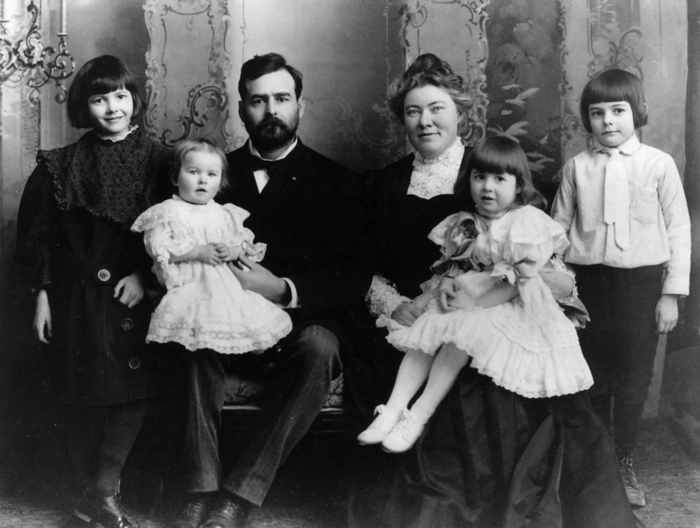This Boethius, the successful Boethius, who had the ear of the ruler and was the object of his flattering attentions, we see mainly through the eyes of the official letters from Theoderic, written by his longtime associate Cassiodorus. Theoderic addressed Boethius consistently as the master of the arts called liberal: the technical disciplines that a true philosopher thought would cleanse his mind of confusion and prepare him for deeper understanding, yet disciplines that a worldly monarch might find more utilitarian than mystical. So when embezzlers clipped metal from coins, threatening the reliability of the currency, Boethius was the expert to consult. When Theoderic needed to impress another western ruler with his elegance and good taste, Boethius supplied ingenious gifts—water clocks and sundials for the Burgundian king Gundobad, or a musician for Clovis in Gaul. All these requests came during the years surrounding Boethius’s consulship, when his learning and his philosophical works were already objects of high praise, and he was still in his thirties.
Contemporary Maximian
If we want to balance this high praise and remember that even famous philosophers have neighbors who aren’t fond of them, we might look at his contemporary Maximian, a Latin poet down to his fingertips, even if a purist might quibble that these were no longer the fingertips of, say, Horace or Propertius. Maximian crafted light verse depicting Boethius as more of a libertine than we might have guessed. The grasping cleric Ennodius in Pavia, always on the make and looking for the right Roman patrons, attempted several times to buy a house from Boethius but never quite made the transaction work, leaving a sense that he thought Boethius was a little too snooty to deal with provincial clerics. Boethius’s critics were few, and they were the critics of a man secure in wealth and power tour packages balkan.
Boethius knew many years of untroubled days in opulent surroundings. There, tranquil but for those few whispers of jealousy, we will leave Boethius content for now. Later his end and Theoderic’s will be bound up together in the unhappiest story of the age. For now we must look past his celebrity to see the rest of the Romans. There were, for example, Faustus, Faustus, and Festus, bearing the kind of names that the lower classes mock as indistinguishable, when everyone who was anyone could tell them apart instantly. They were of the old families, and the first two of the three were as dissimilar as their nicknames: Faustus the Black and Faustus the White.
Faustus the Black claimed descent from the ancient Messala Corvinus and was known for his books, both those he owned and those he wrote. His distant and moderately poor relation Ennodius wrote poems about both, hoping Faustus the Black would think well of him. Faustus was consul in 490 and later master of the offices and quaestor at court, positions reserved for the elegant and loyal. He was a leading supporter of Pope Symmachus in the quarrels of these years, and so we last see him in office as praetorian prefect from 508 to 512, years when Theoderic was at the peak of his power.
Faustus the White had been prefect of the city—that is to say, governor of Rome itself—in the early 480s. He had his own seat inscribed at the Colosseum, and he would be prefect again in the 500s. A gentleman through and through, he demonstrated grace by having a statue of Minerva, that fine and not too toxic goddess of the old order, restored after it fell from a roof during a civil uprising. The 470s before Odoacer came to power were rough days, so Faustus’s restoration would have been an emblem of Odoacer’s and Theoderic’s long campaign to polish up the city.
Read More about Roman empire’s Italian domains








